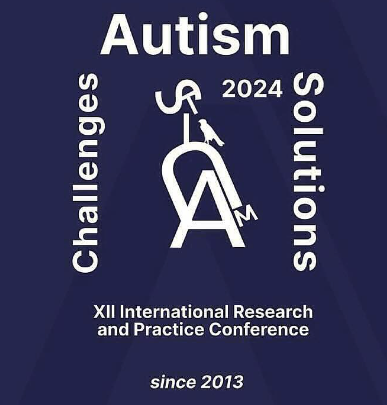Importance of cross-department cooperation in pediatric medical services around ASD. Neurology and otolaryngology fall flat being separated: case of the clinic.
Published 2024-07-05
Keywords
- The Autism Spectrum Disorders (ASD),
- cross-department,
- Neurology
How to Cite
Abstract
The Autism Spectrum Disorders (ASD) are a heterogeneous group of developmental abnormalities, with clinical appearance in neurological, otolaryngological, and general pediatric deficits. For many years, using extended hearing examination approach, which includes otoscopy, tympanometry, otoacoustical emission, auditory brainstem response (short-latency evoked potentials), multi-ASSR evoked potentials (auditory steady-state response) we postulated that classical professional otolaryngological approach is completely unapplicable to children with ASD. Since 2018 only in one clinic we registered 2404 (on the date 19th January 2024) multi-ASSR responses in children with speech delay and ASD. It turned up in 938 (~39%) diagnosed incomplete hearing loss and otolaryngological problems (including interfered cases). Problems in auditory processing has even greater percentile, but it is uncounted in the view strugling of finding correct criteria. In research guided by Efimova Viktoria, Nikolaeva Elena, Frolovskaya Olga 495 children were examined (245 – ASD, 250 – speech delay) using correlation analysis which showed a connection between the diagnosis of autism and the perception of frequencies of 500 Hz right (r=0.436), 500 Hz left (r=0.238), 2000 Hz right (r=0.355), 4000 Hz right (r=0.390). Therefore, the diagnosis of autism is associated with the perception of frequencies studied, in mainly on the right, that is, going to the left hemisphere. Summarizing our experience of last 10 years, we manifest that full hearing examination and ASD-orientated otolaryngological examination crucially important in and autism-related medical center.

